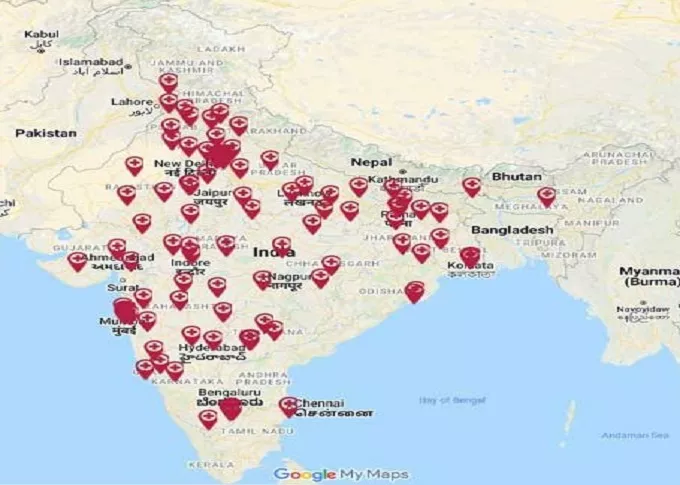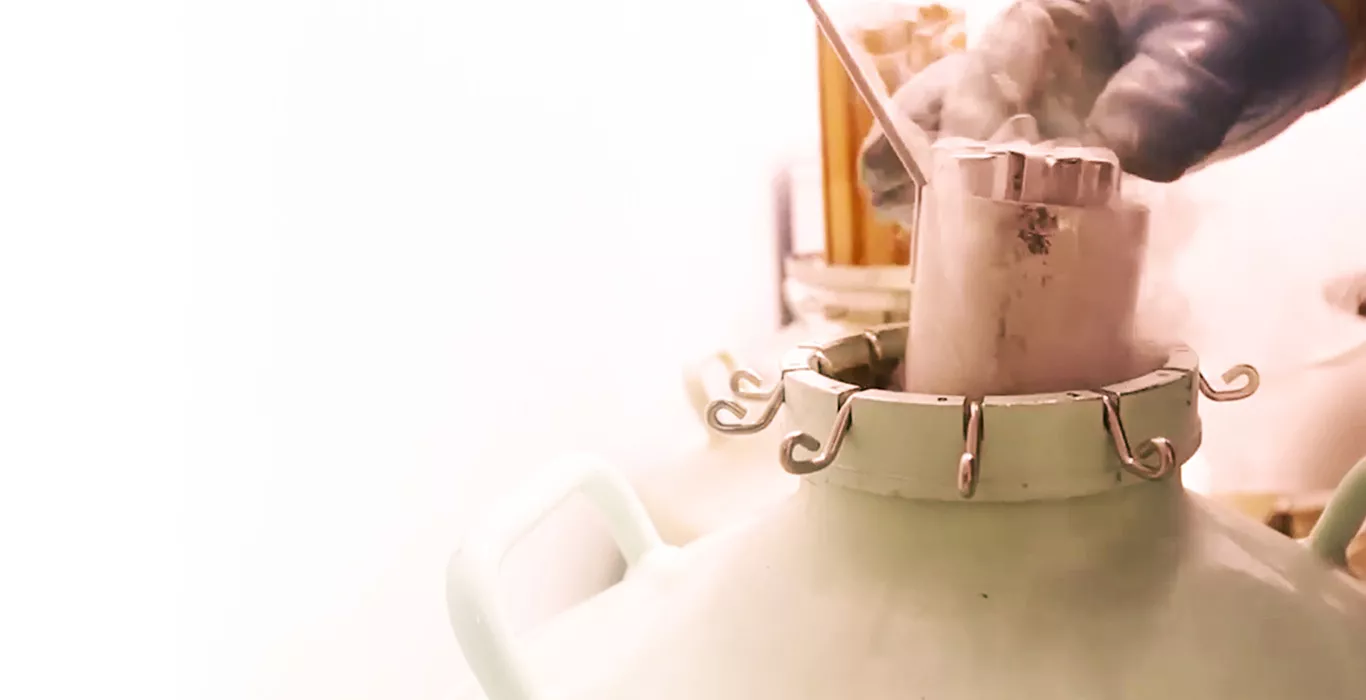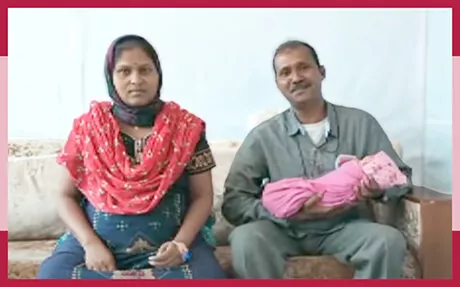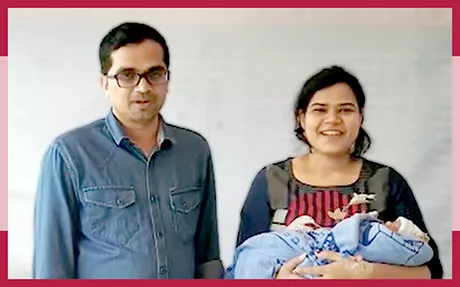What is Egg Freezing?
Egg freezing, also known as mature oocyte cryopreservation, is the medical process of harvesting eggs from one’s ovaries and freezing them until the female is ready for pregnancy.
It is basically to preserve reproductive potential of a women even at a later age. This technique allows a female the freedom to choose motherhood at their own preference, putting their career and life achievements first before starting a family.
As we grow old, our human body naturally undergoes multiple transformations that affect the biological functioning of systems. In female one such transformation is of capacity to produce quality eggs that tends to decline. After certain age, the eggs may contain more chromosomal abnormalities, and due to decrease in egg reserve in the ovaries, females no longer ovulate after menopause. This means that ovaries will cease to release eggs and the chances of pregnancy weakens.
With technological advancements and innovations in the assisted reproductive technology (ART) sector, women now have a solution to choose their age of pregnancy, and achieve desired result though the process of egg freezing. In this scenario, a fertility centre can freeze egg at a younger age that can be used later for bearing a biological child.
Tools to help you plan better
Get quick understanding of your fertility cycle and accordingly make a schedule to track it
Get a free consultation!


















